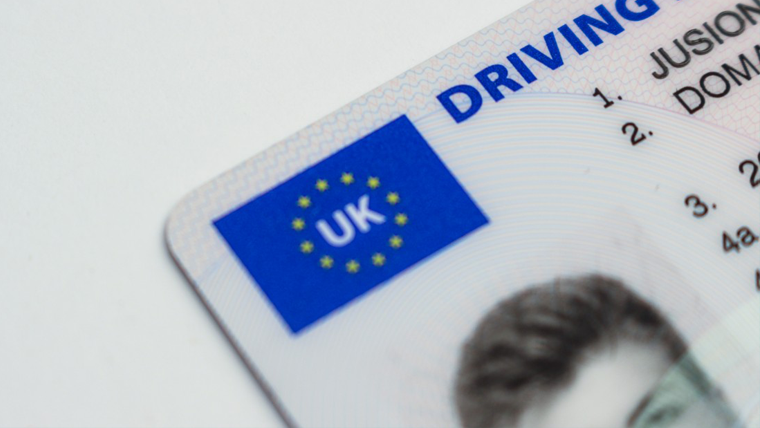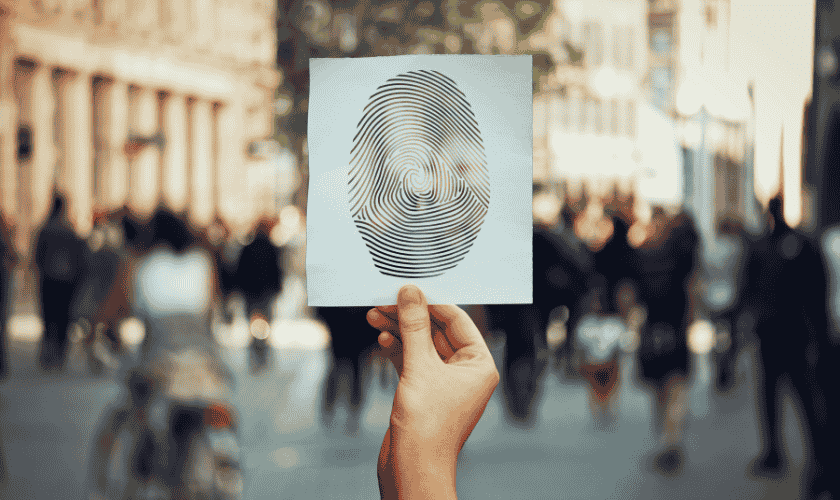
| 

Many different companies need to check up on the ages of their staff and customers, and for many reasons. When it comes to employing someone, there are all sorts of restrictions on working hours for under 16s. People under the age of 18 can’t serve alcohol in a pub, or work with dangerous chemicals. Similar restrictions are often placed on customers. Someone hiring a car might have to be over 25, and many different clubs and bars operate an over 21 only policy. So, it’s very important to be able to verify someone’s age. Most of us carry documents which show our date of birth, and it’s common practice for employers to ask to see them before we start work, or to be asked for ID when buying an age restricted item. But how do you know the documents are genuine?
ID Fraud
There’s a growing problem in the UK with identity fraud. At one end of the scale you have a teenager borrowing a mate’s passport to try to get alcohol in the supermarket – it’s hardly the crime of the century. However, there are also some much more serious issues around identity fraud, people trafficking, modern day slavery and organised crime. So rather than hazarding a guess at someone’s age from their appearance, most companies have decided to implement a robust age verification policy to make sure they are keeping on the right side of the law.
Checking Someone’s Age
Whether you’re checking the age of a job applicant or a customer, the process is the same. The best way of verifying their age is to see some sort of official document, preferably with a photograph, which clearly states their date of birth. The best examples are things like passport, driving licence or the national identity card from another country. There are other ways; for example, someone under the age of 18 can’t get a credit card or a loan, so seeing and verifying bills or statements can prove that they are over this age, if not their exact age. The trick is being able to separate the genuine documents from the fakes and this takes some skill.
As there is such a wide range of identity documents which can be used to prove who you are and how old you are, many companies choose to outsource the checking to skilled professionals. These third-party companies do nothing but verifying documents and identities, and are quick to spot when something isn’t quite right. They might also be able to help you draw up guidelines for your own staff when checking customers or job applicants.
Front Line Staff
Depending on the organisation and the potential consequences of getting the age checking wrong, it might be wise to train all staff on what to look for. Often, companies restrict the type of identity documents they will accept as proof of age. Staff can then gain experience in checking one type of ID only. Training on the security features of that particular type of ID can help them detect anomalies.


